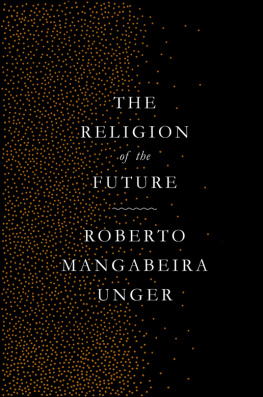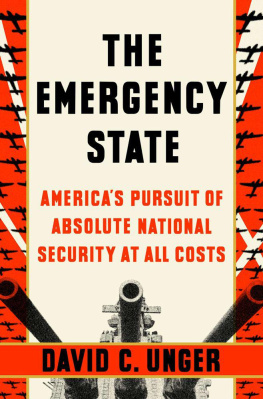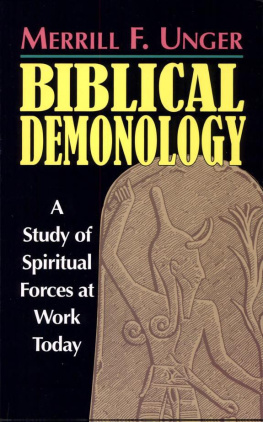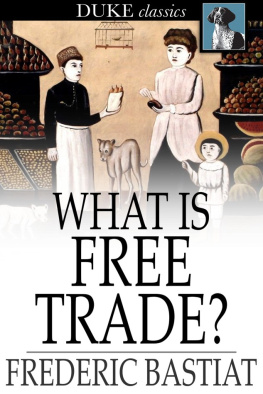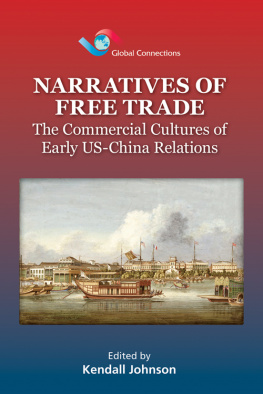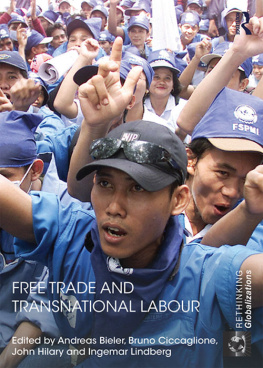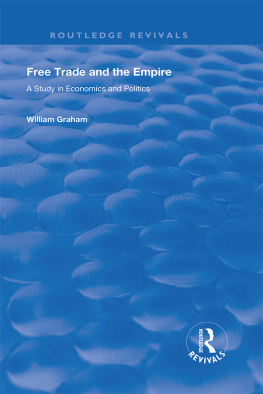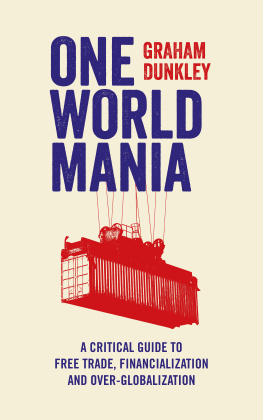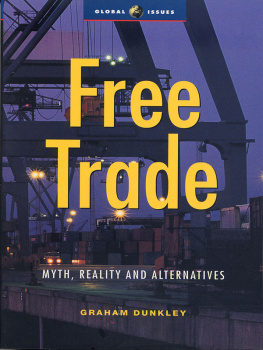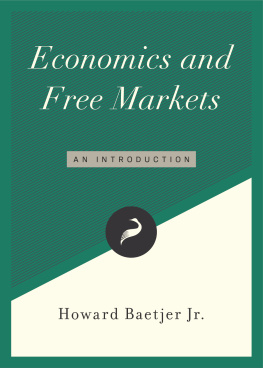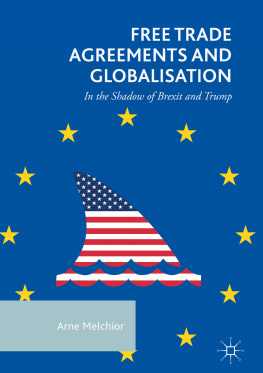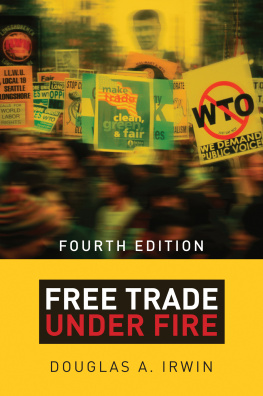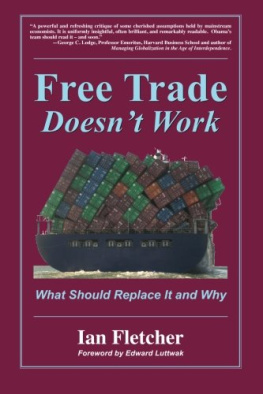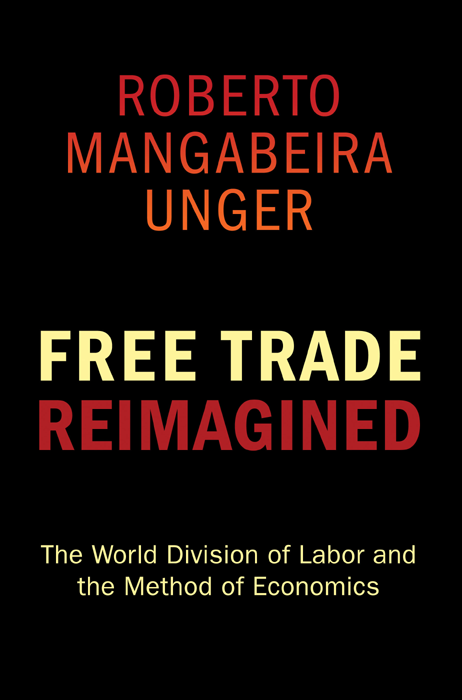This book stands on its own as an argument about the international division of labor and the method of economics. The reader should nevertheless know that the argument forms part of a larger intellectual program. The program rebels against the tendencies now prevailing in the social sciences and humanities. It seeks alternatives to the arrangements and the assumptions of contemporary societies. It tries to give new meaning to the revolutionary ideas of human liberation and empowerment that, for the last few centuries, have aroused the whole world. It turns thought against fate.
.
Themes and Scope of this Book
The idea of free trade combines theoretical interest with practical significance. It takes us into the heart of economic theory and into the midst of contemporary debates about the world economy. It has become much more than a slogan to conjure with; it has turned into a promise or a menace, a nearly self-evident truth or a source of bafflement, the pride of the hardest of the hard social sciences and the bugbear of those who resist its conclusions.
If countries specialize in what they produce, the whole world can reap the benefits. It is a simple message of enormous power, promising both greater riches and more freedom.
As a subject of theoretical concern, free trade leads into the inner sanctum of economic theorizing. Belief in the gains to be secured through free trade, on the basis of established or constructed comparative advantage, has long been recognized as one of the most counterintuitive and characteristic of the notions of economics. It is a conception embodying the most pervasive theme in economic analysis: the idea of exchange, for reciprocal benefit, among specialized producers in a division of labor and of the market as a form of cooperation among strangers who are neither friends nor enemies and who need only the cold calculus of interest to establish a common practical bond. The deepest source of the appeal of free trade arises from the conviction that it is not a device but rather, as Alfred Marshall claimed, the absence of any device.
As an issue of practical significance, free trade stands in the middle of contemporary debates about globalization: the emergent world trading system is as much the centerpiece of the present regime of globalization as the doctrine of free trade is the simplest and sharpest expression of economic analysis put to practical use. If we can change what free trade means and how it is organized, we can do the same, more generally, to globalization. And if we can have globalization on our terms, rather than on those of the supposedly irresistible forces that its contemporary form is claimed to represent, all bets are off: we are freer than we suppose to rethink and to reconstruct.
The doctrine of free trade, as it has been understood, is fundamentally defective. Its flaws cannot be remedied by a series of localized qualifications of analysis and policy. The alternative is not to embrace a theory justifying protectionism but rather to reject and to revise the terms on which the debate between free trade and protectionism has long taken place. Such a revision has implications for the method of economics.
The point of largest theoretical significance to emerge from my argument is that a system of free trade will be the more advantageous to those who engage in it (whether or not they are sovereign countries) if it allows them the greatest possible experimental freedom to change their practices and institutions of production. This freedom of revision, however, may conflict with what free trade has traditionally been understood to be and to require.
The point of greatest practical relevance, intimately related to that theoretical conception, is that it makes no sense to organize the world trading system around the goal of maximizing free trade, in the sense in which we are used to defining free trade. A single-minded insistence on the maximization of free trade gives too little weight to an imperative that turns out to be of vital, indeed of increasing significance: the need of every country, richer or poorer, to avoid lasting confinement to a particular place in the international division of labor and to the styles of production, the strategies of development, and the sets of institutions that may exert this confining influence.
If the immediate topic of this book is the contest over free trade and over the form of an open international economy, its ultimate subjects are the world division of labor and the method of economics. We cannot escape the confines of the traditional debate about free trade and protection and do justice to the possibilities of globalization without changing some of our most fundamental assumptions about market economies and the division of labor. That the future of economic growth lies with permanent innovation rather than with the coercive extraction of a social surplus, that freedom experimentally to combine people, ideas, and things must therefore be liberated from all unnecessary institutional restraints and dogmas, that the best market economy is the one that gives the greatest opportunity to the most people in the most ways, that a free economic system must be based on free labor, and that the capacity to use governmental power for the purpose of broadening opportunity can be exercised to advantage only insofar as the state ceases to be in the pocket of privileged and moneyed interestsall these are platitudes of contemporary discourse, embraced with the greatest enthusiasm by those who collaborate with the dictatorship of no alternatives under which the world is now bent.


